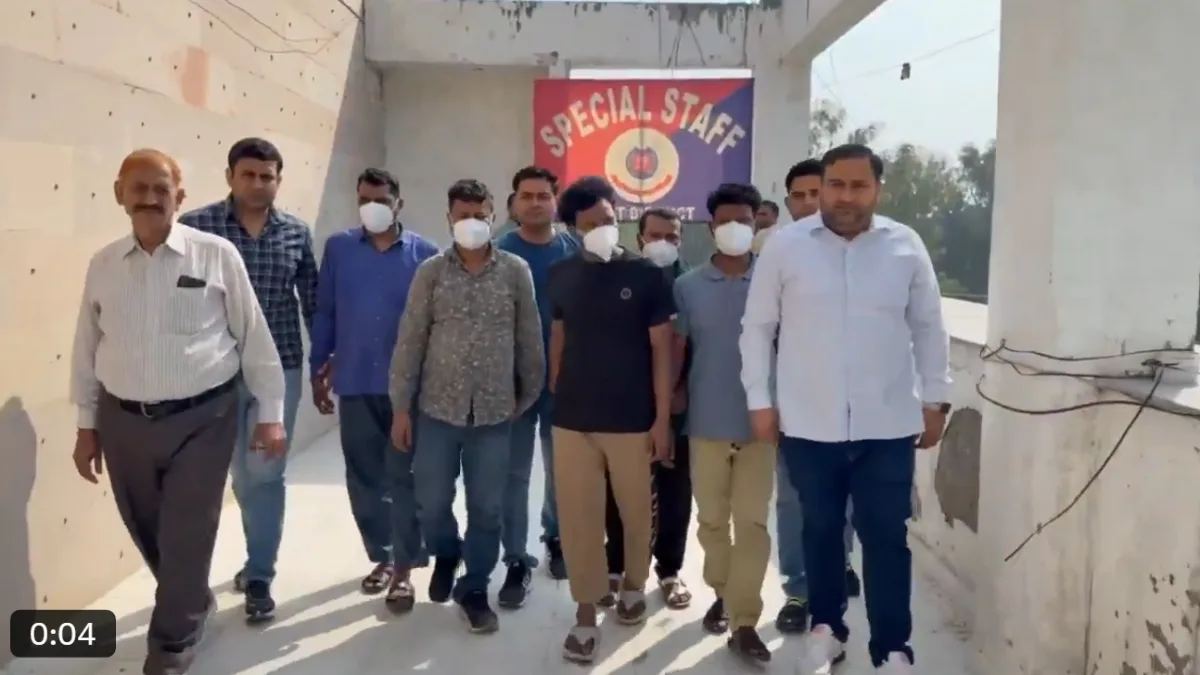
Mumbai police have detained 17 Bangladeshi nationals for allegedly residing illegally in India. The arrests were made during a coordinated operation in Shivajinagar and RCF police station areas. The detainees failed to provide valid documentation proving their Indian citizenship, prompting further investigation.
Illegal Immigration Crackdown in Mumbai
The operation was part of a broader initiative to address illegal immigration in the region. Police teams conducted raids on March 24, targeting areas known for harboring undocumented residents. The arrested individuals, including women, are currently in custody as authorities delve deeper into their backgrounds.
Investigations Focus on Citizenship Proof
According to a police spokesperson, “The detainees were unable to present any proof of Indian citizenship during the investigation. We are examining their records to determine the extent of their illegal stay and any potential connections to organized networks.”
Mumbai | 17 Bangladeshi nationals arrested for living illegally in India. The police are currently investigating them further as they could not provide proof of being Indian citizens: Police pic.twitter.com/dQgrC2ZdjR
— ANI (@ANI) March 27, 2025
Legal Proceedings Underway
Cases have been registered under the Foreigners Act and other relevant laws. Authorities are also exploring whether the individuals possess forged documents, such as Aadhaar or PAN cards, which are often used to establish fake identities.
Impact on Regional Security
Mumbai police arrested eight Bangladeshi nationals, all transgenders, for illegally residing in Rafiq Nagar, Govandi, for over five years. They allegedly engaged in performing arts, prostitution, and fraud. Using fake documents, they blended into society but were traced through… pic.twitter.com/ve8Ibtgivw
— Mid Day (@mid_day) March 27, 2025
The arrests highlight ongoing efforts to strengthen security and address illegal immigration concerns in Mumbai. Police have assured that similar operations will continue to ensure compliance with residency laws.

